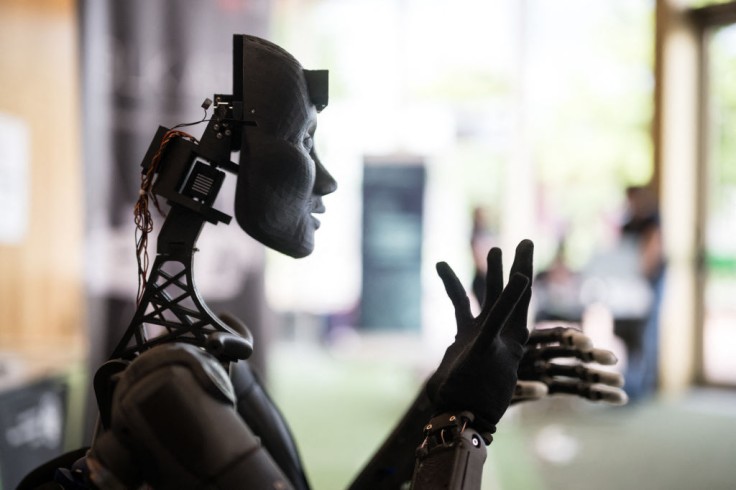
As graduation season approaches, students at the University of North Georgia (UNG) are raising their voices against an unexpected twist in their commencement plans: the use of artificial intelligence to announce graduates' names. A growing petition, spearheaded by students like Emily Schwarzmann, reflects a desire to preserve the human connection they feel is essential to this milestone moment.
According to reports from FOX 5 Atlanta, UNG plans to use AI-powered technology, specifically Tassel's name announcement system, which relies on recorded human voices to read graduates' names as they cross the stage. While the university defends the decision, emphasizing the technology's use of professional voiceover artists skilled in pronouncing diverse names, many students argue it feels impersonal and diminishes the significance of their achievement.
"I'm looking forward to [graduation] a good bit," Schwarzmann told FOX 5 Atlanta. "But it's almost demeaning to the hard work that we put in. It feels like it's kind of being put down a little bit, as if it's not as important." Her sentiments echo those of other students who launched an online petition demanding a "human-to-human connection" during the ceremony. The petition underscores their belief that a professor or familiar faculty member announcing names would better honor their years of dedication.
The debate at UNG highlights a broader conversation in higher education about the role of technology in traditions that thrive on personal engagement. For many graduates, commencement is not just a formality but a deeply emotional experience shared with peers, faculty, and families. Critics of the AI system argue that a machine, even one mimicking a human voice, lacks the warmth and authenticity of a live announcer who knows the campus community.
UNG, however, maintains that the technology ensures accuracy and inclusivity, particularly for pronouncing names from diverse cultural backgrounds. In a statement reported by FOX 5 Atlanta, the university emphasized its commitment to making commencement "special, memorable, and meaningful" for all graduates. The use of pre-recorded voices, they argue, reduces the risk of mispronunciations that could detract from a student's moment in the spotlight.
This isn't the first time AI has sparked controversy on college campuses. From grading systems to virtual advising, institutions are increasingly integrating technology into academic life, often with mixed reactions. At UNG, the petition reflects a broader unease about balancing innovation with tradition, particularly in moments as symbolic as graduation.
For Schwarzmann and her peers, the fight is about more than just a name being read aloud—it's about feeling valued and recognized by their university. As the petition gains traction, it remains to be seen whether UNG will reconsider its approach or double down on its tech-forward plan.
What's clear is that this debate is far from over, not just at UNG but across campuses navigating the intersection of technology and human experience. For now, these students are making their voices heard, hoping to walk across the stage to the sound of a familiar human voice celebrating their success.
© 2025 University Herald, All rights reserved. Do not reproduce without permission.








